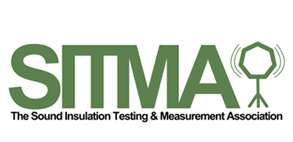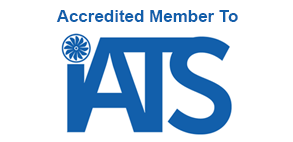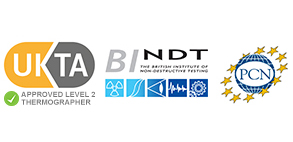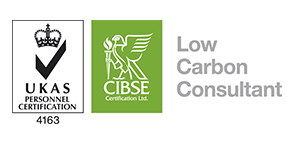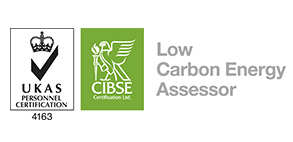Offices Nationwide

Air Testing
As part of thermographic surveys we can also use an air Pressure testing kit to depressurise the building and help detect any air leakage within the property



Sound Intensity
Sound intensity is measured in Decibels (dB). This is a logarithmic scale in which an increase of 10 dB gives an apparent doubling of loudness.
Sound pitch is measured in Hertz (Hz), the standard unit for the measurement for frequency. The audible range of sound for humans is typically from 20 Hz to 20,000 Hz, although, through ageing and exposure to loud sounds the upper limit will generally decrease.



How loud is too loud?
Continued exposure to noise above 85 dBA (adjusted decibels) over time will cause hearing loss. The volume (dBA) and the length of exposure to the sound will tell you how harmful the noise is.
In general, the louder the noise, the less time required before hearing loss will occur.



Sound Privacy
Privacy describes the perceived sound reduction across a wall. Privacy is a function of both sound insulation and background noise. Background noise is made up of services noise and environmental noise sources breaking in through the facade or open windows, vents etc.
If the background noise within a room is increased by 5 to 10 dB, the perceived level of privacy across a partition is also increased by 5 to 10 dB. Therefore, when looking at required sound insulation levels on-site, it is important to consider both the background noise in the receiver room and the sound insulation across the partition.


Copyright 2025 E2 Specialist Consultants Limited
Company No. 06728970


























